While there was a lot of tittering last week over the idea that President Trump has accomplished nothing, anyone who has been paying attention knows that the media focus on the Trump generated chaos in the White House has obscured a lot of significant achievements. For instance, attempts at crossing the US-Mexico border fell by 52%. But nowhere has the change of administrations been felt more keenly than in the fight against ISIS. Today the Washington Post, of all places, has a story headlined Under Trump, gains against ISIS have ‘dramatically accelerated.’
Nearly a third of territory reclaimed from the Islamic State in Iraq and Syria since 2014 has been won in the past six months, due to new policies adopted by the Trump administration, a senior State Department official said Friday.
Brett McGurk, the State Department’s senior envoy to the anti-Islamic State coalition, said that steps President Trump has taken, including delegating decision-making authority down from the White House to commanders in the field, have “dramatically accelerated” gains against the militants.
Combined Islamic State losses in both countries since the group’s peak control in early 2015 total about 27,000 square miles of territory — 78 percent of militant holdings in Iraq and 58 percent in Syria. About 8,000 square miles have been reclaimed under Trump, McGurk said in a briefing for reporters.
…
Assessments by different sources of ground won and lost by the militants over the years have varied widely. Early this year, the defense consultant IHS Jane’s put the total amount of territory controlled by the Islamic State in early 2015 at 35,000 square miles. After “unprecedented” losses for the militants in 2016, it said in January that the group occupied a remaining 23,000 square miles.
No matter which set of data you like, the numbers ‘one-third’ and ‘2016’ appear together.
This is not Obama’s strategy, this is a result of Trump getting the NSC out of the business of micromanaging military operations at the tactical level and letting the regional command fight a war it is very capable of prosecuting.
If you recall, back in early February former Obama NSC staffers leaked to the compliant media that they had presented the Trump administration a plan all ready to go. As I pointed out, the plan they described wouldn’t work because it relied upon Kurdish forces to a) leave their homes unprotected, b) advance perpendicular to the existing roads and lines of drift, c) take Raqqa and immediately give it back to Arab forces, and d) the Kurdish force listed for this misadventure had yet to be trained or equipped.
While the administration hasn’t rolled out a public strategy for fighting ISIS–let me digress here for a moment, I don’t understand this assumption that if the media hasn’t been briefed on a strategy then none exists, why would we make a public pronouncement of our goal beyond the eradication of ISIS?–it is pretty clear that one is underway.
The fighting is being done by a mainly Arab force.
McGurk, who held the same job in the Obama administration, also cited renewed administration efforts to “increase burden sharing from the coalition” among what he said were 73 countries. Most of them do not contribute to the warfighting but are expected to help with stabilization efforts in cleared areas, including in the Iraqi city of Mosul, where U.S.-backed Iraqi security forces declared victory over the Islamic State last month.
Some U.S. lawmakers have criticized what they have said is a lack of post-conflict plans, while others have said — as Trump emphasized during his presidential campaign — that the United States should not be involved in “nation-building” overseas.
McGurk described extensive preparations, while emphasizing that the United States is not interested in reconstruction or nation-building. Instead, he said, U.S. and partner nations are removing mines, clearing rubble and making sure that basic services — electricity, sewage and water — are operational to allow displaced residents to return under the leadership of local councils.
“People say, ‘We want you to run the hospital, the schools.’ We say, ‘No, we’re not very good at that.’ It’s not our responsibility,” McGurk said.
It looks like we are fighting this with a very small US footprint and our objective is to clear ISIS, turn the liberated territory back over to the locals, and provide technical assistance in rebuilding infrastructure and institutions. All in all, not a bad way to go.
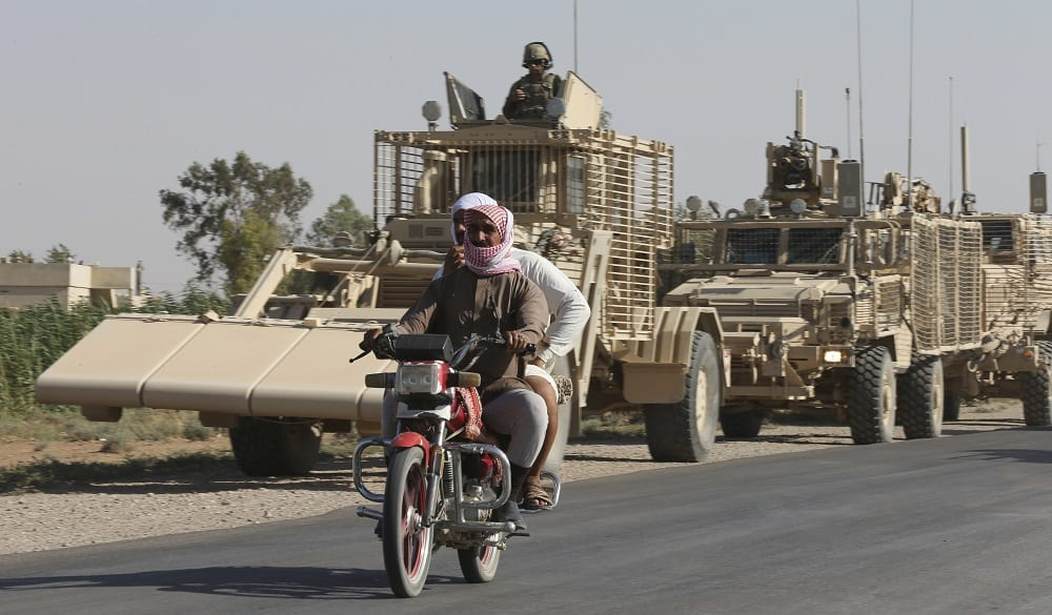
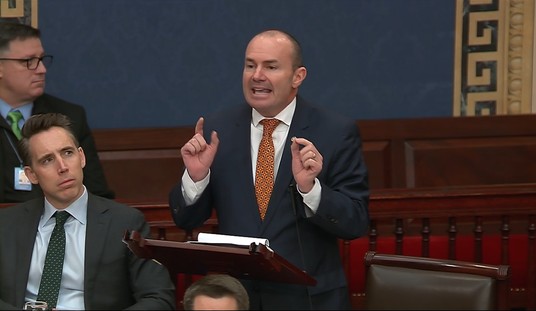
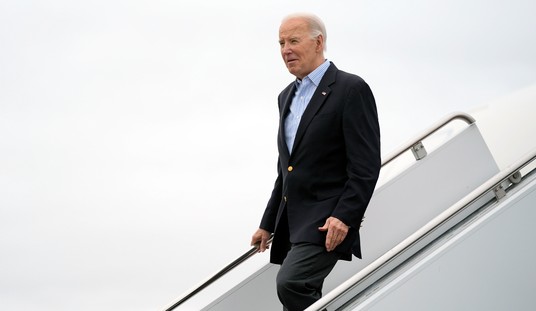

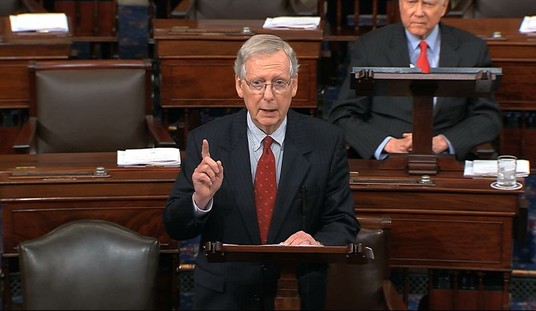
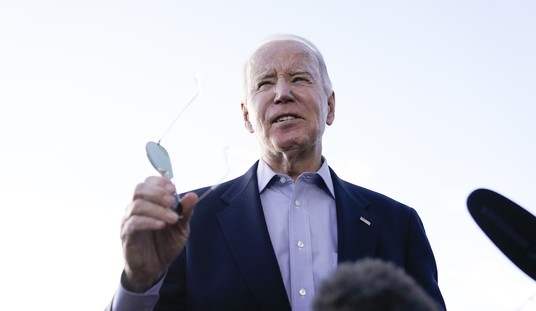
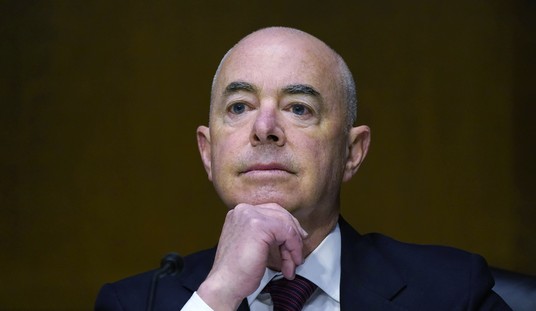
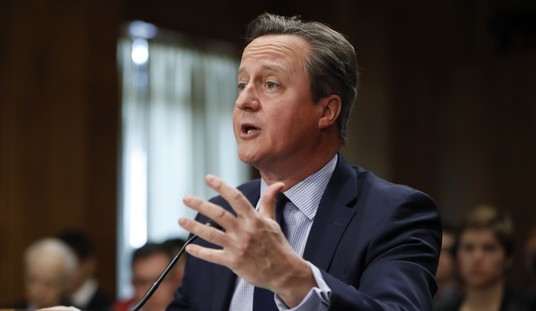
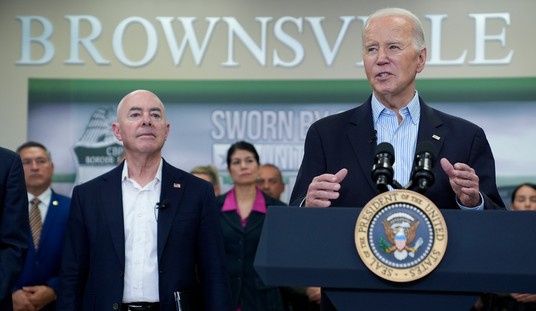


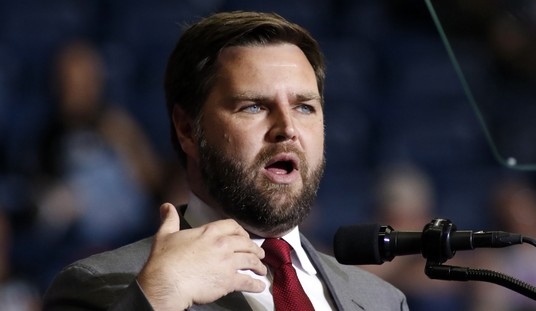
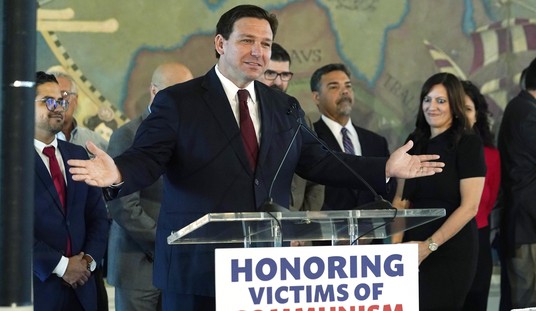
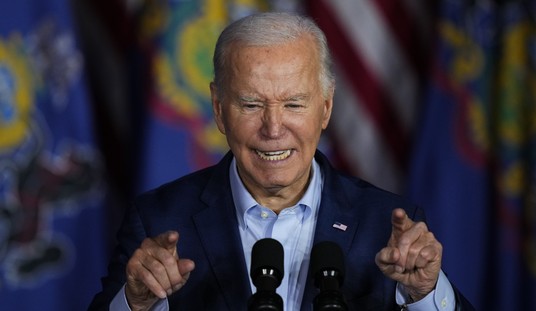
Join the conversation as a VIP Member